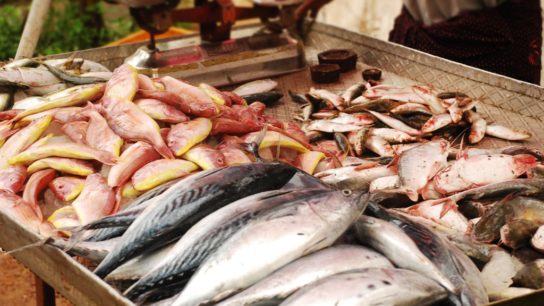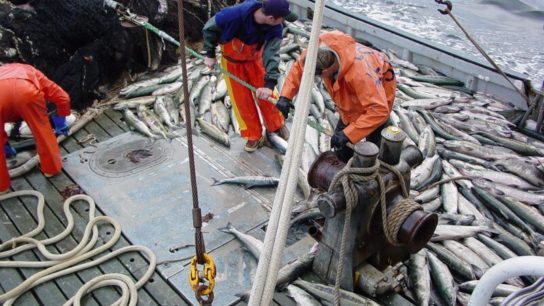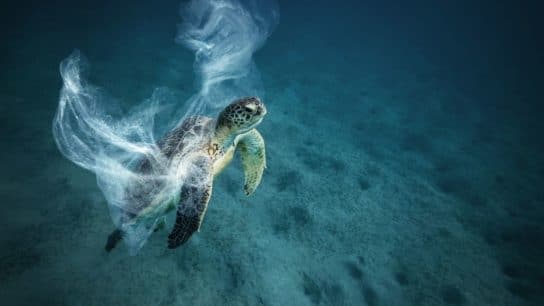Iceland to ban whaling within the next two years as commercial demand plummets and a government minister claiming that the practice is no longer profitable.
—
Iceland, one of the few remaining countries that still hunts whales commercially, has announced it will end the practice from 2024 onwards.
According to Iceland’s fisheries minister Svandis Svavarsdottir, the demand for whale meat has dramatically decreased and is no longer profitable, adding that there is little justification for continuing the practice.
“Why should Iceland take the risk of keeping up whaling, which has not brought any economic gain, in order to sell a product for which there is hardly any demand?” Svavarsdóttir, a member of the Left Green Party, wrote in a newspaper.
For the years 2019-23, Iceland has set down annual whaling quotas, allowing up to 209 fin whales – the planet’s second-largest species – and 217 minke whales –one of the smallest species – to be hunted. But according to the minister, only one single whale was killed in the past three years. The two main licence holders in the northern European country have suspended their whale hunts, one of which had permanently ended the practice back in 2020, highlighting how the practice no longer has any economic benefit for the country.
You might also like: Whaling Resumes in Japan and the Consequences of It
The cause behind the dramatic decline is attributed to Japan’s withdrawal from the International Whaling Commission – established in 1946 to regulate whale hunting practices and the conservation of whale stocks – and resumed commercial whaling in 2019, causing demand of Iceland’s whale export to drop significantly. Whaling in Iceland had also become more costly following the extension of a no-fishing coastal zone, requiring whalers to go farther offshore. Additionally, the COVID-19 pandemic and the resulting social distancing rules made whale meat processing plants to be less efficient.
Aside from declining economic benefits, continued commercial whaling practises can have other negative impacts. One example being US-based chain Whole Foods stopped marketing Icelandic products when commercial whaling resumed there in 2006.
Iceland, Japan and Norway are the only three countries in the world that still participate in commercial whale hunting. The latter, however, has experienced a record high number during its 2021 whale hunting season, where more than 570 minke whales were killed. Their annual whaling quota has gone up to 1,278 despite growing public and international criticisms.
Featured image by: Wikimedia Commons


















